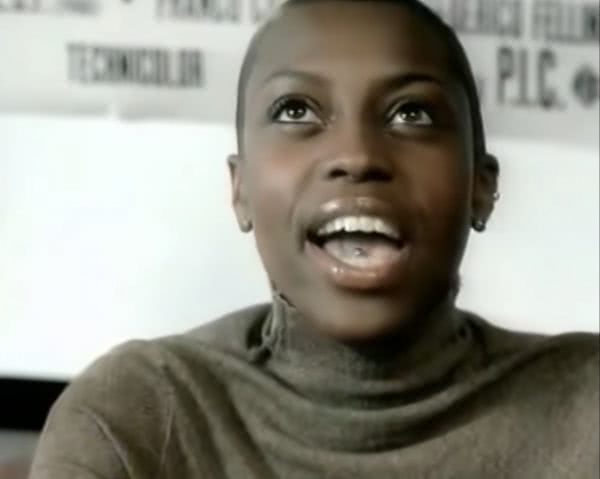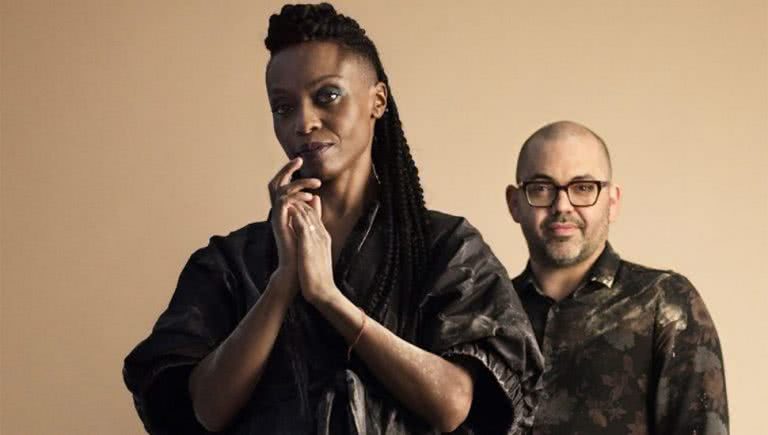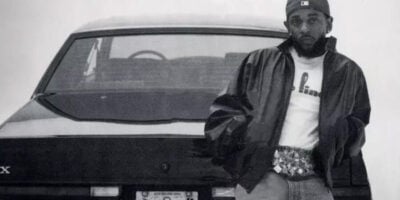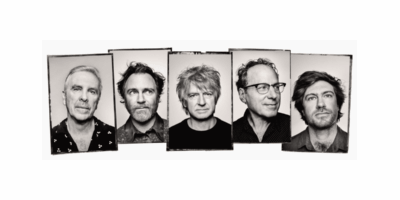Morcheeba was a successful enterprise right from the start. The London band’s debut album, Who Can You Trust?, aligned itself with the prevailing trip hop subgenre and went Gold in the UK.
Morcheeba’s next three albums – 1998’s Big Calm, 2000’s Fragments Of Freedom and 2002’s Charango – put them at the forefront of trip hop’s second wave. The group’s best known song is ‘Rome Wasn’t Built In a Day’, a psychedelic soul number that exposes the breadth of Skye Edwards stunning vocal range.
Things got messy after Charango, however, with Edwards being asked to leave the band in 2003. Founders Ross and Paul Godfrey went on to make two more Morcheeba records with help from a range of guest vocalists, but the reception was unanimously lukewarm. This led to the welcome return of Edwards for 2010’s Blood Like Lemonade.
Listen: Morcheeba – The Sea

Paul Godfrey was the next to go, departing in 2014 not long after the release of Morcheeba’s eighth album Head Up High. Edwards and Ross Godfrey made one album as Skye & Ross, but reclaimed the Morcheeba moniker in 2018.
The slimmed down Morcheeba performed at Byron Bay Bluesfest in early 2018 and later that year they released their ninth album, Blaze Away. They’ll be back again for this year’s Bluesfest and a run of sideshows. Tone Deaf spoke to Ross Godfrey about trip hop, British weather and 25 years of Morcheeba.
Watch: Morcheeba – Rome Wasn’t Built In a Day

Love Music?
Get your daily dose of metal, rock, indie, pop, and everything else in between.
Tone Deaf: You’re coming over for Bluesfest and some headline shows in Sydney, Melbourne and Auckland. Are you looking forward to escaping the northern winter?
Ross Godfrey: We haven’t seen any snow this year. England is quite strange – we’re in this weird weather region where it doesn’t really get that hot in the summer and it doesn’t really get that cold in the winter. It’s just kind of very medium all the time and either raining or it’s not.
TD: The cliché about British weather, and London in particular, is that people are always gloomy because it’s so cloudy all the time.
RG: I’m sure it influences the music that English people make. It certainly would explain a lot.
TD: Morcheeba emerged during the trip hop wave of the mid-1990s, which generated a lot of great music – yourselves, Massive Attack, Tricky, Portishead and so on. Trip hop tended to be more musically bizarre, melodic and downbeat than hip hop. Do you think that’s a reflection of the environment it came out of?
RG: I think the British experience is always a bit kind of downcast. Certainly if you don’t grow up in a wealthy family there’s not really a lot of joy to be had. We grew up in a shitty little town and Skye grew up in East London, which was pretty rough back in the 80s and 90s. There was a sort of moodiness to everything.
Listen: Morcheeba – Never Undo

TD: Were you and your brother hip hop fans?
RG: When we were kids we listened to hip hop because it was the new thing. It was like the movement of our generation – it was music and art and fashion and dancing and everything. We missed punk music and so hip hop was our kind of generational change.
But the thing with being British is you can’t really pull off the hip hop style. Only recently have British rappers started to sound ok, because the English accent is pretty rubbish. So there was loads of people that were really into hip hop, but they couldn’t really find an outlet for it. So we went for the instrumental tracks – the beats and everything – so it was a bit different to why they were doing it in New York; to rap to.
Watch: Massive Attack – Daydreaming

So sometimes bands, particularly say with Portishead, they got a female singer instead of doing raps and it sounded amazing. I think a lot of people were very inspired by that – that you can use the beats of hip hop and the more psychedelic-ness of electronica and ambience and then actually try and meld it into songs. I feel like that’s where trip hop came into its own.
TD: How do you feel about the term trip hop?
RG: I always thought it was a pretty silly term at the time, but looking back I don’t think it’s that bad. It was kind of an umbrella thing, really. You could do anything you wanted and it could be considered trip hop as long as it had a slowed down, 16-bit breakbeat underneath it.
TD: It’s definitely not a dishonour to be deemed trip hop. And all the artists who’re now held up as the exemplars of the genre found their own niche.
RG: Yeah, and I think we were all into quite different things. For instance with Portishead there was a very sort of spy movie soundtrack feel to it. And then with Massive Attack they were very influenced by Jamaican music.
From our perspective we grew up listening to country music and I played a lot of guitar and I was more into that and psychedelic rock. We sounded more like Neil Young with hip hop beats. It was a strange merge, but it seemed to work in a weird way.

TD: Morcheeba’s been together for 25 years now. You’ve been through some lineup reshuffles over the years, but the band’s stabilised around yourself and Skye. How does it feel to reach your 25th anniversary?
RG: I feel a few different things about that at the same time. When I was younger, bands if they split up that was it and they should never get back together again because it wasn’t cool. But sometime around about ten or 15 years ago I remember going to see the Pixies play and it was just great and I was so happy that they’d reformed.
There was no stigma to it – we lived a postmodern world where it just didn’t matter anymore. Not that we’d ever split up, but it was an interesting transition into a time when music was discovered by people that wanted to listen to it as opposed to us being told by the NME or Melody Maker which bands we should listen to.
TD: Yeah, it’s a totally different environment now. But it must’ve been nice to come into the industry when a lot of money was flying around?
RG: All the bands that I know have their own kind of cottage industry – they run their business and they tour and they try and sell records. I think it’s very hard for younger bands to break into a bigger market now. So that does make me very appreciative of what the name of the band means.


































